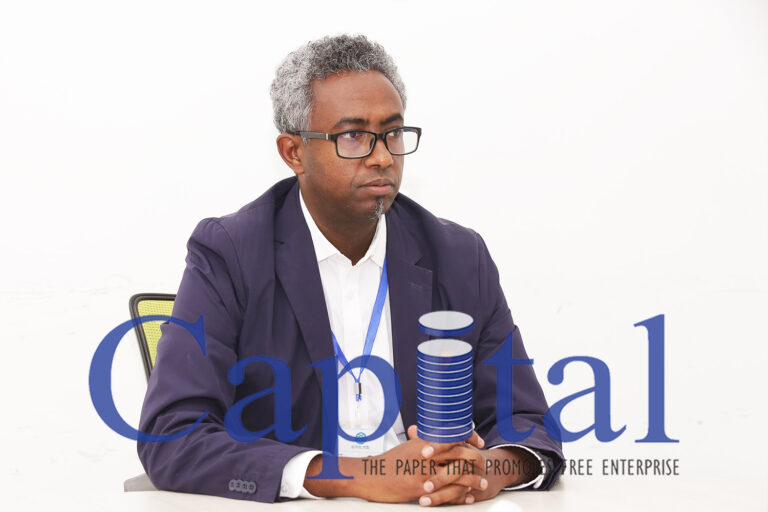“We consider it a matter of great importance to revise and develop the fine arts in Our country in a manner which will enable Our artists to combine the historical and traditional art of Ethiopia with the advantages of modern technical developments in the field.”
H.I.M. Haile Selassie I
On July 23rd, 1958 the premier art school in Ethiopia, Addis Ababa University Ale School of Fine Art and Design (ASFAD) was inaugurated by the art loving monarch, H.I.M. Emperor Haile Selassie I. The day was extra special as it was also the 66th b-earthday of the Emperor whose vision for Ethiopian art was summed up in His speech inaugural speech. “We have established this institution because We consider it a matter of great importance to revise and develop the fine arts in Our country in a manner which will enable Our artists to combine the historical and traditional art of Ethiopia with the advantages of modern technical developments in the field.” His Majesty’s words and wishes for the arts have seen a revitalization through the efforts of Prime Minister, Dr. Abiy Ahmed. The young PM, who also has a passion for art, exhibits this personally and professionally through his well curated office of Ethiopian art and photography; his refurbishment of the Art School’s sculpture filled compound; and most obvious, the establishment of Unity Park which utilized dozens ASFAD educated Ethiopian artists.
ASFAD was the first university level art school on the continent established by Africans for Africans, recalling that in 1958 there were a mere eight independent African countries. The Emperor personally continued to visit and support the budding Ethiopian art students, a story which many senior artists are always ready to share during those wonderful tizita moments. One such artist is the School’s namesake and frankly the inspiration for the Majesty’s backing of the Art School, founder Artist Alle Felege Selam, who lived to see generations of Art School graduates. Consistent with the Majesty’s vision for the development of fine art, Ethiopia has produced some of the most outstanding artists on the continent participating in international exhibitions, residencies and receiving prestigious international awards. Many may be familiar with Ethiopian Artists Gebre Kristos Desta, H.E. Laureate Afework Tekle and Laureate Desta Hagos however several Ethiopian artists have emerged over the past two decades, shaping the 21st century with a new energy, perspective and visual language. Artists like Elias Sime, Tasfaye Urgessa and Selome Tadesse present fresh, new and exciting works demanding international attention still connected to a fine art historic pedigree. Indeed, the King who loved culture, desired the development of Ethiopia to be one of continuity stating further in the Art School opening speech, “The ancient paintings that are still to be seen in the great monasteries and churches of Ethiopia, and the carvings in wood and stone which have come down to us in the ruins of the ancient palaces, bear witness to the fact that the fine arts had attained a comparatively high degree of development even in very early times.” Continuity. This is an important notion for development as often times we believe in tearing down to build new is the only way to progress. Following His Majesty’s philosophy, as applied to the arts, we have a duty to preserve as we progress, and the two work best in tandem.
So as we try to get through 2020, the year when the world was shaken by covid19, politics, social injustice, and the subsequent economic damages, forcing us to re-think EVERYTHING; let us also re-think our reactions when our talented children tell us they would like to be artists and not engineers. Encourage their aspirations and affirm their God given gifts to create memorable and meaningful art works that will be historical markers of Ethiopia’s contributions to the world. And as we mark 128th anniversary of H.I.M Emperor Haile Selassie I birth and the 62nd anniversary of the Art School let us be inspired by His Majesty’s words on the arts, “Music, drama and the other arts are rooted in the ancient history of our empire and their development to an even higher peak of perfection will be possible in the atmosphere of a university.” HIM closes his opening speech at the Art School stating, “As we have stated, time and time again, it is easy to begin but hard to finish, and We express on this occasion both our happiness at what we see here today, as well as Our strong hope to see this work which is now begun bearing fruit in the near future.”
Abridged from July 20, 2018
Dr. Desta Meghoo is a Jamaican born
Creative Consultant, Curator and cultural promoter based in Ethiopia since 2005. She also serves as Liaison to the AU for the Ghana based, Diaspora African Forum.





